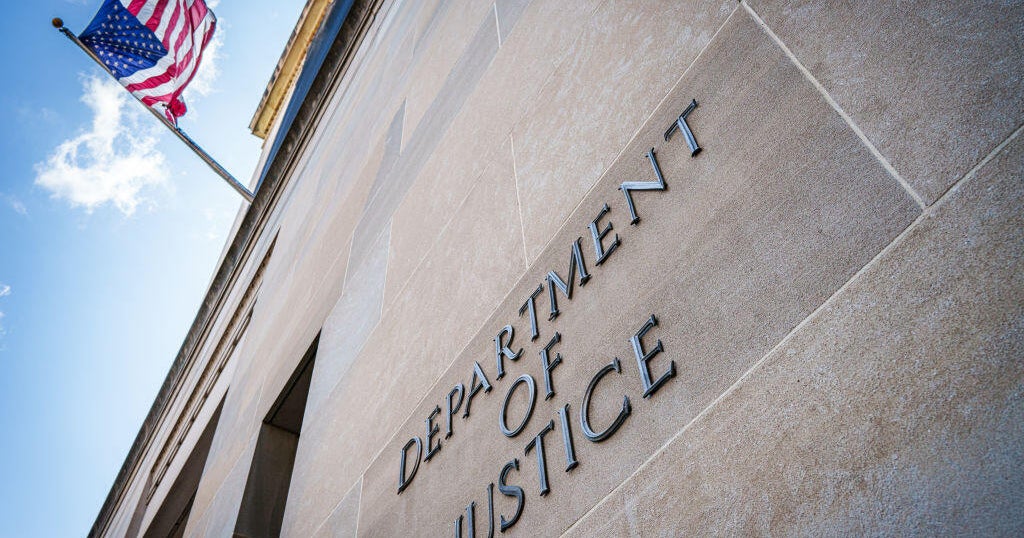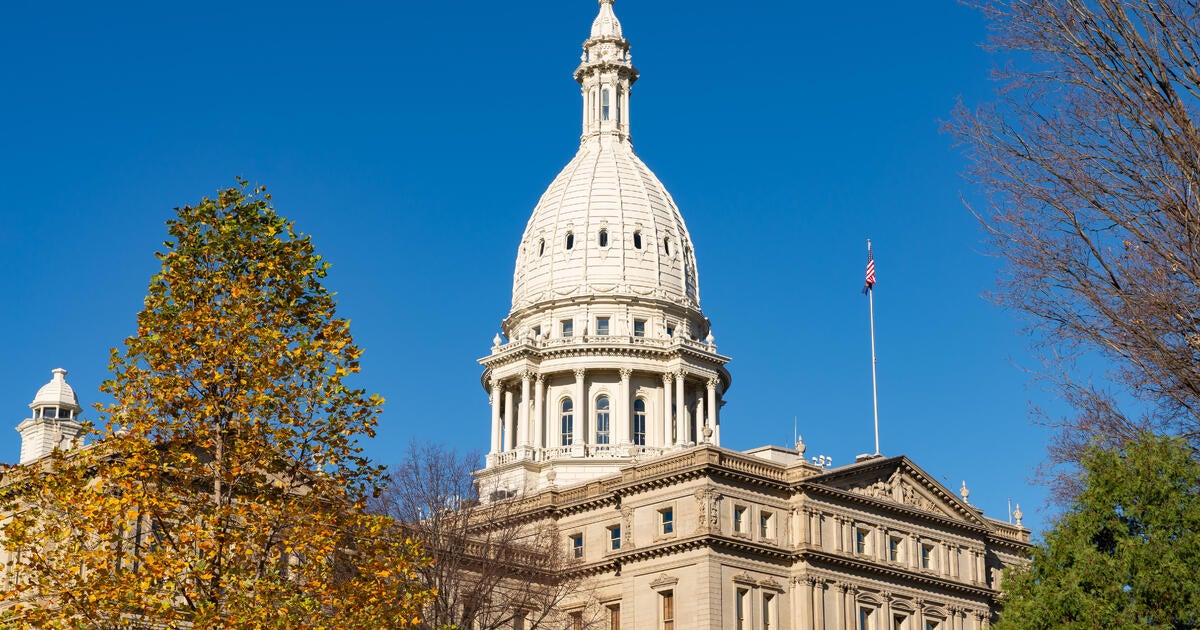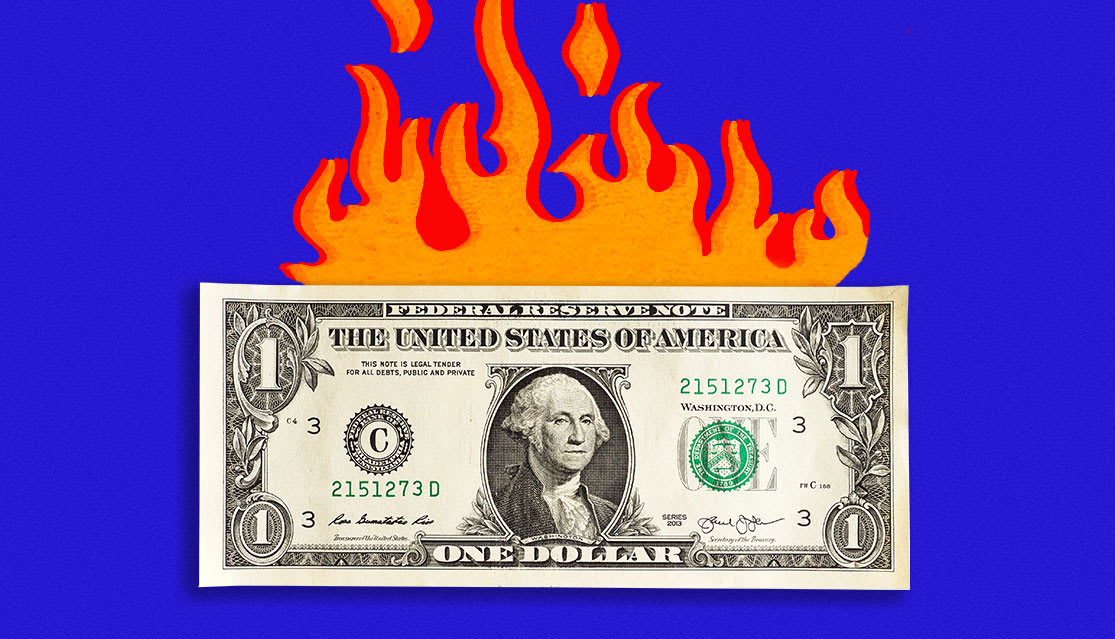Can couples therapy techniques bring together Americans with opposing political views?
If President-elect Joe Biden is committed to his pledge to unify the country, he has a lot of work ahead of him. Americans are fiercely split, not only about policy, but on the basic decency of the other side.
In a recent Pew Research Center poll, only about one in five registered voters said they share "core American values" with the other party, and about nine in 10 people worried that a victory by the opposition would do "lasting harm" to America.
"CBS This Morning" co-host Tony Dokoupil tested out one idea to ease this strain: give America a little therapy.
Asked how they were feeling about the state of the country, some Americans didn't have positive replies.
"I'm devastated," Iris Kloin told Dokoupil.
"I think our country is more divided than ever," Heather Feshbach said.
"Oh, it's terrible. It's terrible," Steven Ross said.
After 244 years together as a nation, the country seems to be growing apart. And Americans are concerned about the polarization and division in the country.
"I feel like there's not a lot of compassion for us as human beings for each other anymore," Aidan Gianassi said.
Just about everyone seems to agree that the state of our union is on the rocks.
"Definitely like the feeling where the husband comes home and goes and does his hobbies and doesn't talk to the wife until they go to bed," said Drew Ginsburg.
Some, like family therapist Bill Doherty, think America is like a marriage, one that's not going well. Doherty is co-founder of a nonprofit called Braver Angels, which runs thousands of workshops nationwide dedicated to repairing the bond between liberals and conservatives. Doherty uses the same techniques he's used to help husbands and wives.
"We are an American family. We sit at the same table. You can imagine one, big Thanksgiving table. And if we expel people from the table because of their political views, we will lose our ability to function as a country," Doherty said.
Doherty said Americans first need to decide that our democracy is worth saving, and not everybody thinks so.
"We need to have a divorce," one man told Dokoupil.
"A big threat that I see growing right now is the people who were saying that they are morally compromised by having a conversation with somebody who differs from them. Morally compromised because they are condoning evil. This is a serious threat to a democracy," Doherty said.
Addressing it requires getting each side to take responsibility for their role in the quarrel, Doherty said, but as Dokoupil discovered over two days of talking to voters across the political spectrum, talking about the other side is a hard habit to break.
"Our current president denies science. He is in denial about a deadly pandemic," Feshbach, a Biden supporter, said.
Asked how Democrats can help heal the divide, she said, "They need to start meeting halfway."
"I just think they're so self-involved with their own," said Kloin, another Biden supporter. "I just find the hypocrisy of what the Republicans are spewing."
But Trump supporters also struggled with what Doherty calls "the humility question."
"Is it hard to think about the ways you and your party might be contributing?" Dokoupil asked Linda Frink.
"Sure. Both sides are," she said. "I just -- I think the other side is just a little too crazy for me."
"Channeling the marriage counselor here, he would tell me to tell you, 'Forget about the other side. What about you guys? What can you do differently?'" Dokoupil said.
"It's a tough one," Frink said.
Still, just about everyone CBS News spoke to was, with a little push, willing to admit that their side is not perfect.
Asked if Democrats share some of the blame for the nastiness in politics today, Karen Owens, a liberal, said, "Oh, yes. I wish I could say, 'Oh, no. They have nothing to do with it,' but they do."
Feshbach agreed. "100%," she said.
"Well, I think the blame probably, if you had to be honest, would fall with the president," said Dave Pasquarella, a conservative. "His criticism and his rhetoric divided the country."
"I'm a little concerned about the president's refusal to concede," said NYU College Republicans President Bobby Miller. "Embracing conspiracy theories never helps."
Many were also willing to acknowledge that the American marriage requires a little give and take.
"I think that we should have health care for all," Gianassi said. "And I wouldn't take a compromise for that."
"Let's imagine the marriage of Americans, Democrats and Republicans," Dokoupil responded. "You're on one side and you're saying, 'health care for all.' The other side's saying, 'no way.' How do you stay married?"
"It's a good point you bring up, good question, I have to say 'cause I wish I put some more thought into this," Gianassi said.
"Both parties talk about 'bringing people together,' but none of the policies or conversations really support that. So I think if you're not helping the situation, then you are hurting it," said Isaiah Evans.
It's insight like that that makes Doherty, if not exactly confident, at least hopeful that America is on the mend.
"I think people are starting to realize we can't go on this way," Doherty said. "I have hope that we're going to wake up and see divisiveness and polarization as our enemy, not people on the other political side."



